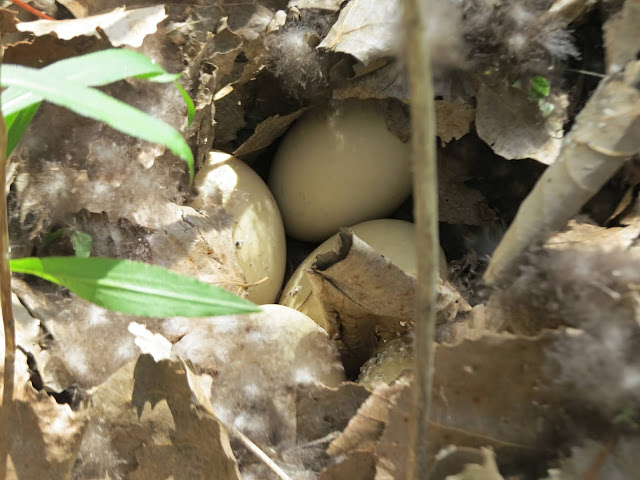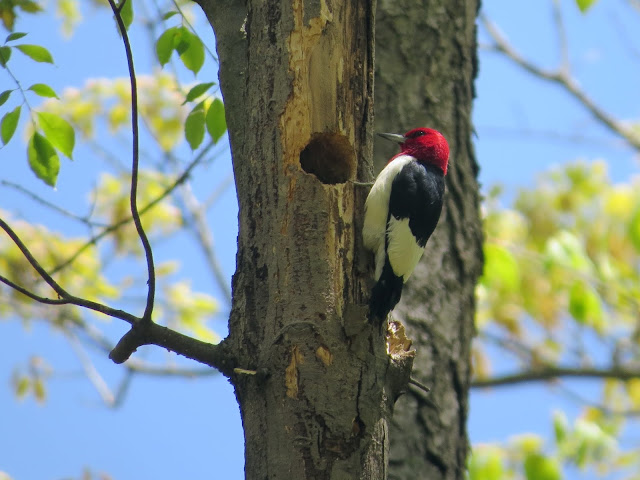 |
| Eastern Wood-Pewee |
Ever hear the term "beginner's mind?" It's that thing when you first start out on a pursuit, where everything is new, your mind is open, and your eyes are wide and fresh. There's a term for this in Zen Buddhism, too. It's called "shoshin," lacking preconceptions and studying with eagerness, as if the subject is brand new (even if it isn't). There's also a tarot card with this message, called The Fool, and fittingly, it's card zero, the first card in the deck.
I've always loved the concept of beginner's mind because I connect deeply to the importance of moving through the world with a wide perspective, open senses, and a default state of wonder and curiosity. This is what allows me to never be bored, to enjoy the simplest things with the deepest reverie, and to feel at least partly like a child. It lets me change my views, challenge what I think I know, and always be learning.
 |
| Growth |
As I was birding tonight, I was reminded of the importance of beginner's mind. I was walking through the woods, and was suddenly struck by the sense that I was moving too quickly. I thought back to my first years of birding. When May would come around with spring migration, it was an explosion for the senses, an overload of birds. Walking through one small stretch of woods during spring migration took forever, because I was captivated by every tiny movement, every chip and chirp, and every glimpse I could get with the naked eye, my binos, or my camera. When I didn't know what birds I was seeing and hearing, it was imperative I look at every one and notice as much as I could. This let me go home later and do my research to try to identify what I'd seen. As I sat at home after a day of spring birding, I'd have audio hallucinations, a canopy of birds dwelling between my ears.
 |
| Raccoon on the Move |
 |
| Mallard nest |
So I purposely slowed down, stopped, even. I took a deep breath and blurred my vision a little, simply letting my eyes pan out wide. Sometimes, I'd pick up my binoculars and move my gaze slowly through brambles and underbrush, stopping frequently to observe what was there. This was the feeling I needed. Slow, receptive, curious, hyper-aware, and never taking a thing for granted.
 |
| Rain |
The greatest birders don't claim to know it all. They don't go into a patch of woods expecting only the expected birds. They expect anything or nothing, but they watch everything.
This goes for life too.
So here's your reminder to slow down, erase what you think you know and expect, and open yourself up to more. Sure, it's valuable to be an expert at something, but it's so much fun to stay a beginner.
 |
| Red-headed Woodpecker |
 |
| Pileated Woodpecker |